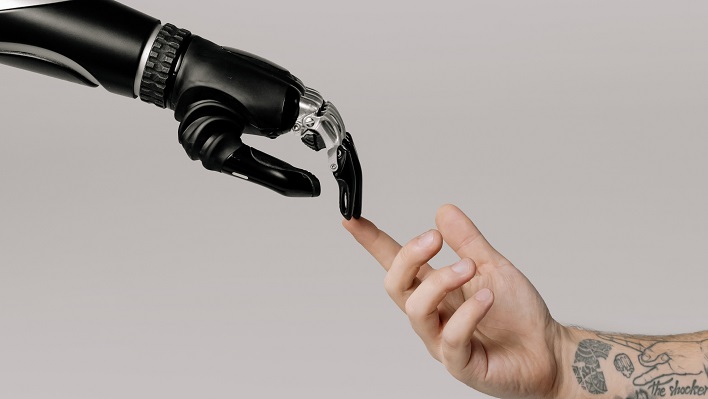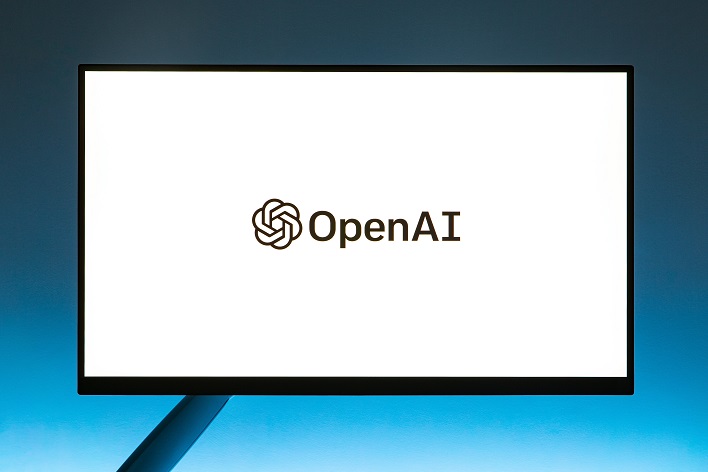Why Bill Gates Thinks Pausing AI Development Is A Really Bad Idea

In an interview with Reuters, Microsoft's co-founder Bill Gates gave his first public thoughts on the debate the open letter brought about last week. The letter, posted on the Future of Life Institute website, warned of potential risks surrounding AI, and that its development is dangerously out of control. The letter was signed by more than 1,000 AI experts in a very short span of time.
"I don't think asking one particular group to pause solves the challenges," Gates remarked on Monday to Reuters. "Clearly there's huge benefits to these things... what we need to do is identify the tricky areas."

The tech billionaire said the details of any pause in the advancement of AI would be complicated to enforce.
"I don't really understand who they're saying could stop, and would every country in the world agree to stop, and why to stop," he argued. "But there are a lot of different opinions in this area."
While last week's open letter left Gates and others with more questions than answers, it did pose a few pertinent questions for the AI community to start asking itself. Questions such as, "Should we let machines flood our information channels with propaganda and untruth? Should we automate away all the jobs, including the fulfilling ones? Should we develop nonhuman minds that might eventually outnumber, outsmart, obsolete and replace us? Should we risk loss of control of our civilization?"

